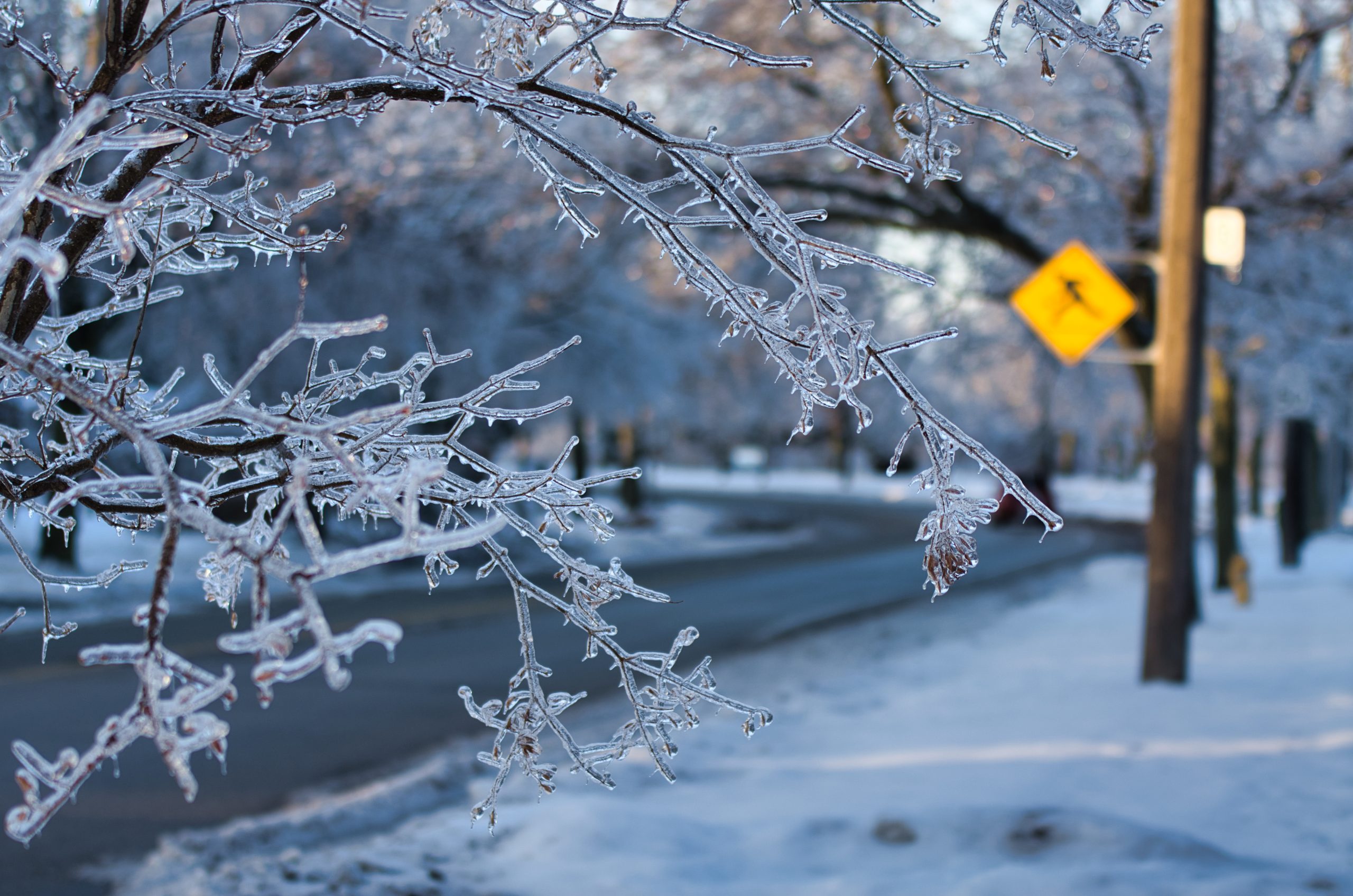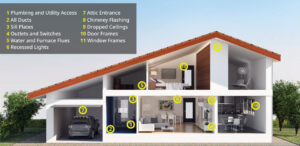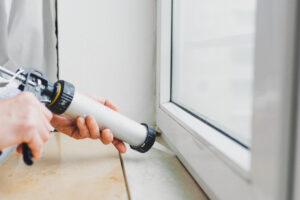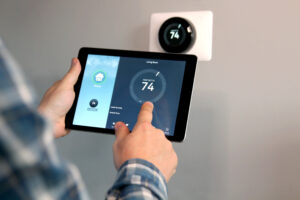FOR IMMEDIATE RELEASE: Feb. 24, 2023
CONTACT: Lynn Sutfin, 517-241-2112, SutfinL1@michigan.gov
MDHHS urges Michiganders to take precautions to prevent carbon monoxide poisoning during winter storm power outages
LANSING, Mich.- The Michigan Department of Health and Human Services (MDHHS) urges residents impacted by this week’s winter storm who are without power to stay safe when using gas-powered generators, kerosene or propane heaters or other alternative heating or power sources.
Such equipment can cause carbon monoxide (CO) poisoning when not used properly. CO is an invisible, tasteless, odorless gas formed when fuel is burned. The only way to tell if it is present is with a CO detector.
CO can build up to deadly levels within minutes in enclosed spaces. At high levels, CO can cause death within minutes. If you suspect you may be experiencing CO poisoning, or your CO detector alarm goes off, go outside immediately and THEN call 911. If you have more questions about CO poisoning, call the poison control center at 1-800-222-1222.
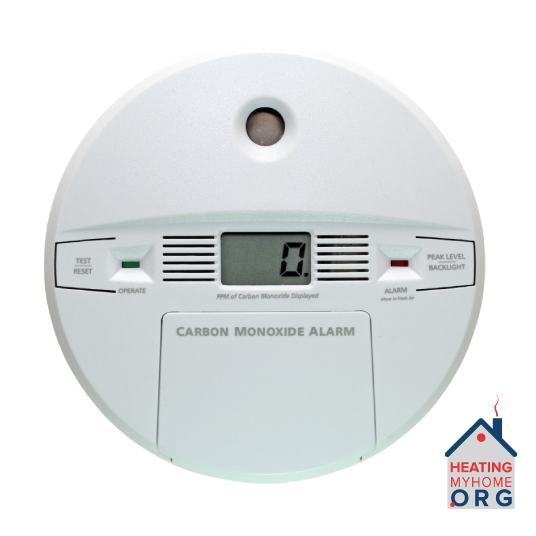
The National Syndromic Surveillance Program indicates a spike with 27 emergency department visits for CO poisoning throughout Michigan from Thursday, Feb. 23, through Friday, Feb. 24. Most of these visits were in Washtenaw and Wayne counties, with Allegan, Hillsdale, Jackson, Kalamazoo, Oakland and Van Buren counties reporting CO visits as well.
Warning signs of carbon monoxide poisoning include flu-like symptoms such as headache, nausea, vomiting, dizziness, drowsiness and confusion, but not a fever. CO poisoning can lead to coma and in extreme cases death. To prevent CO poisoning when the power is out:
- Generators should be run at a safe distance (at least 20 feet) from the home. Never run a generator in the home, garage or right next to windows or doors.
- Never run a gasoline or propane heater or a grill (gas or charcoal) inside the home or in an unventilated garage. Any heating system that burns fuel produces CO.
- Never run a car in an enclosed space. If a vehicle is running, you must have a door open to the outside.
- Place a carbon monoxide detector in the hallway, outside bedrooms in all sleeping areas.
Additional preventive tips residents should follow if the power is out for an extended period of time:
- Discard any potentially hazardous food (meat, dairy, eggs, cut melons and cooked vegetables) that has been above 41º F for four hours or more, reached a temperature of 45º F or higher for any length of time or has an unusual color, odor or texture.
- Wear layers of clothing to help keep in body heat.
- Avoid downed power lines and use electric tools and appliances safely to prevent electrical shock.
Additional carbon monoxide poisoning and poisoning prevention information is available at the following sites:
MDHHS CO Poisoning Resources:
Carbon Monoxide Poisoning Factsheet
Portable Generators Factsheet
MDHHS Learn More About Carbon Monoxide Poisoning
Carbon Monoxide and Generators Video, YouTube
Michigan Prepares – Winter Weather
The Centers for Disease Control and Prevention also has a series of resources related to heat-related illness and CO poisonings:
CO Exposure Prevention Guidance
CDC – Carbon Monoxide Poisoning – Translated Fact Sheets
CDC Power Outages – Health and Safety Concerns
# # #
Storm CO warning NR.pdf

